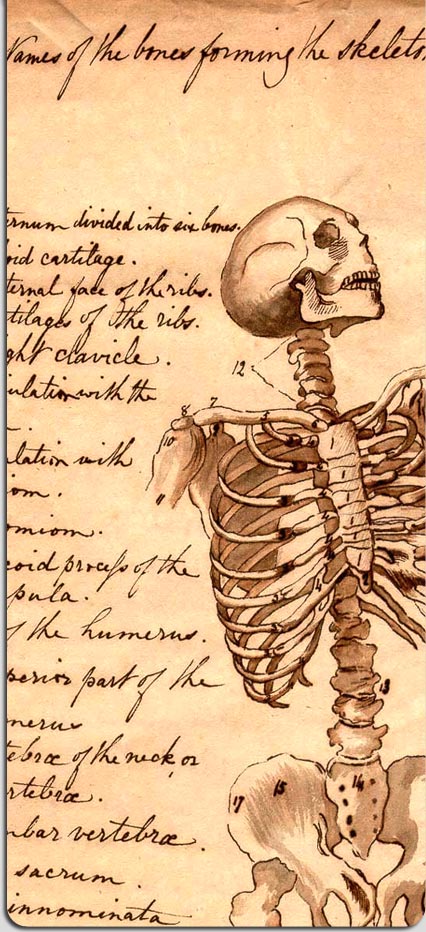Blogging Doctors Just Don’t Get It
With states now allowed to make changes on eligibility requirements for Medicaid, West Virginia will be requiring many beneficiaries to sign a contract in which they promise to use the ER only for emergencies and to keep their doctors’ appointments. Failure to do so will result in loss of benefits. And why not?
Medicaid spending is out of control and is squeezing state budgets. ER visits for non-urgent conditions are hundreds of dollars more expensive than an office visit so that seems like a good place to start to try and control costs.
He goes on to note that low-income people disproportionately make up a good percentage of ER visits, and goes on to say that “only about 16% of ER visits among all patients are considered to be true emergencies so the potential exists for a substantial reduction in unnecessary ER visits among Medicaid beneficiaries.” In the comments, another doctor, Flea , agrees.
I’ll throw another mess into the pot here before drawing my conclusions. A retired orthopod, Dr. Thompson, frequently comments on my blog, and left this zinger today : “I personally see nothing wrong with health savings accounts and allowing patients to be in charge of their health care decisions.” Wha-wha-what?
What is it with these doctors? I’m at a loss. We’ll go point by point here:
- Medicaid is broke. Check.
- Poor people use the ER more often. I’ll assume for the sake of argument this is true. Check.
- Only 16% of ER visits are truly emergencies. Now things get murky. The study Dr. Rangel is quoting seems to be looking at end-diagnoses , not symptoms. In my 4 ER shifts, maybe out 20% of the people I’ve seen have been truly emergencies or urgencies. However , the people’s symptoms have been a much higher percentage of possible emergencies! Sure, you see 10 chest pains for every 1 heart attack, but how the hell are our patients supposed to know that? A patient got poked in the eye pretty bad. Should he wait until morning? Or go into the ER? A patient feels nauseous and light-headed, and has one episode of shaking. We find nothing wrong with him, but I’d get myself to an ER immediately, too!
- Next up: If we follow the “poor people” line, we’ll go ahead and assume they’re probably also the least educated, too. So now we’re asking the least educated of our population to properly differentiate between emergent and non-emergent. (Some things are “duh,” but honestly, most of them aren’t.) The rich get richer, and the poor get sicker. (As a commenter noted on Dr. Rangel’s site, perhaps Medicaid patients go to the ER more often because so few doctors see Medicaid patients anymore.)
- If we want incentives and disincentives (carrots and sticks), let’s make an actual, viable system. If you go to the ER now with your Medicaid or whathaveyou, you may get a bill for several thousand dollars. Ha! That’s what you make in 3 months! What a joke! In a perverse system like this, people will respond just as perversely. No doctors at clinics? Ridiculous bills? Might as well just use the ER when I need it, since the whole system’s a joke.
- And finally for Dr. Thompson’s doozy: of course you don’t have a problem with Health Savings Accounts and people making their own health care decisions. You know exactly what decisions to make–you’re a doctor ! That’s what you’re supposed to do–make health care decisions. But as I’ve said before , people that need health care urgently pick the closest hospital; no one bargain shops (as if you could get prices anyway). And which patient has the time and energy (and background) to research the costs and benefits of a certain study, and to interpret what the research actually means clinically?
Can we please,
please,
PLEASE stop with the patchwork nonsense where we try to
eliminate
limit health care for the poorest and sickest and drive all the burden onto our already-burdened-with-their-illness patients? Can we see the forest amongst those
trees? Can we see that hitting one group with this policy or that one will only create more burden in the long run, and that the only real solution is one that
affects us all? Single-payer, multi-payer, I don’t even care at this point–I just wish people would see the big picture. (And no, not the big picture of
your specialty. Zoom out one more time. The big picture of everyone.)
